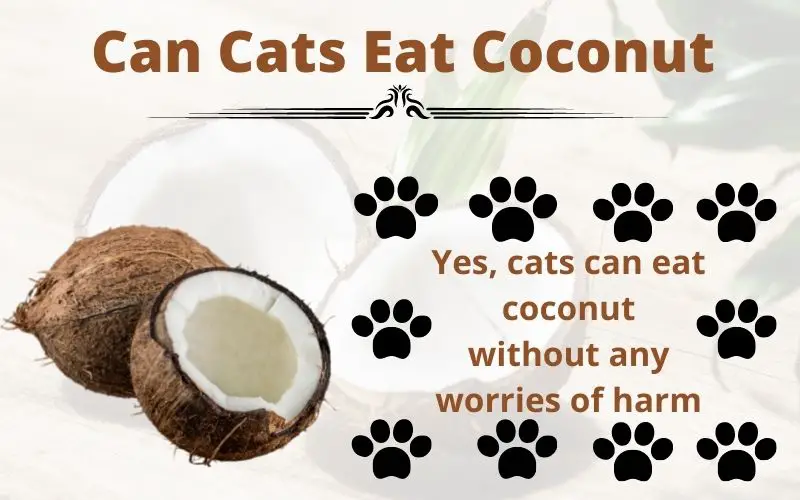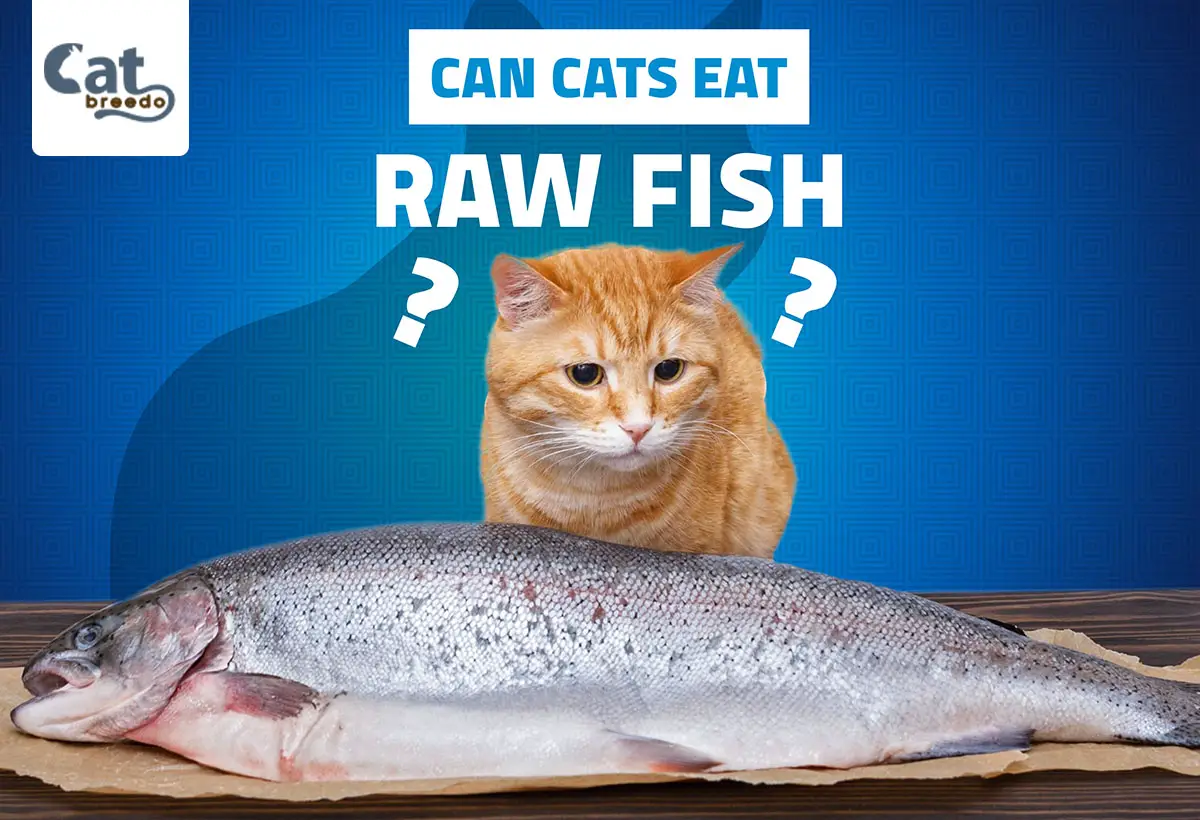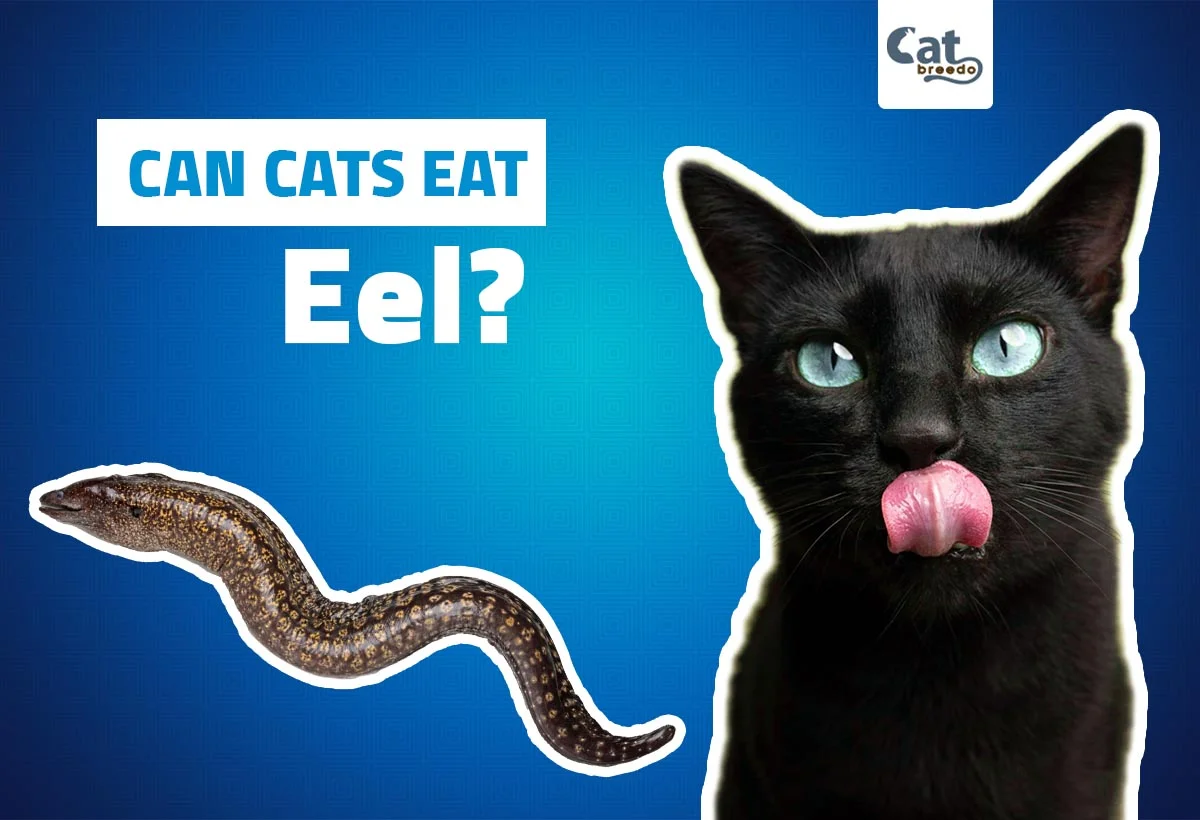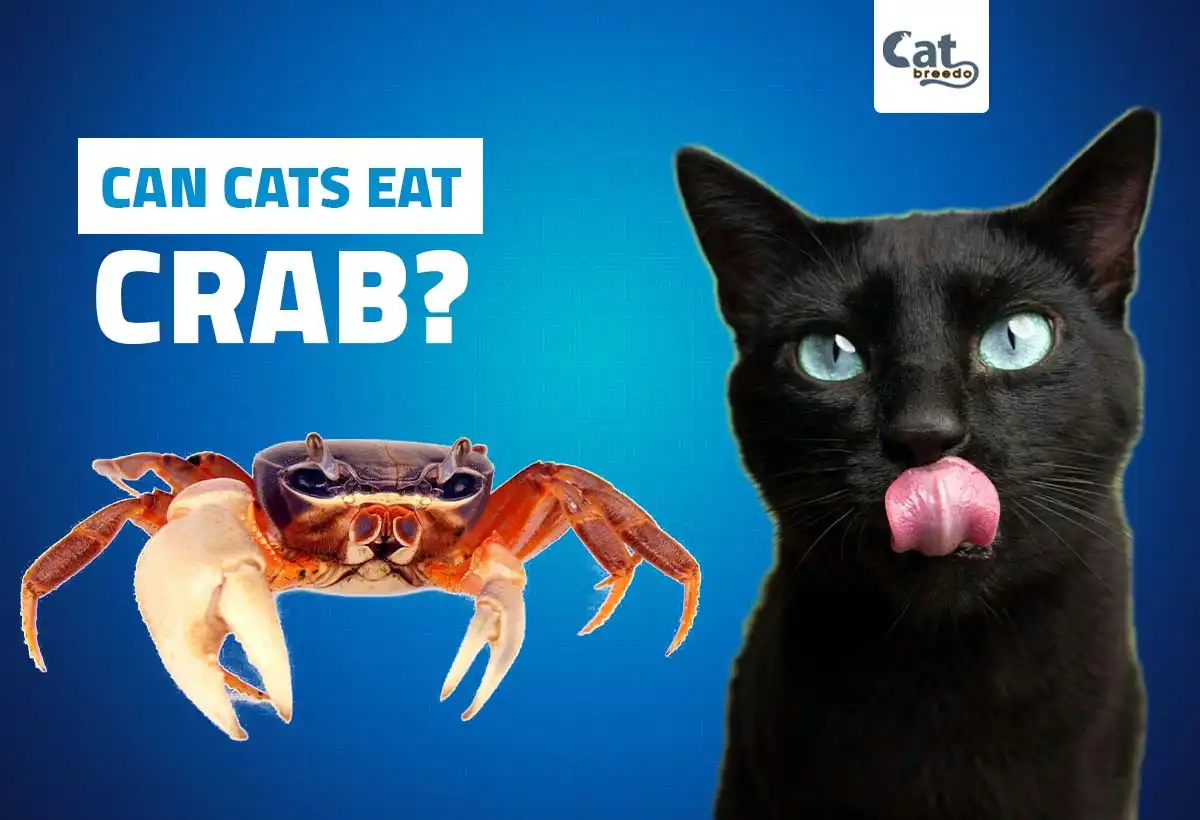If you own an adorable cat who loves you, as the owner of this feline, you are responsible for making sure that everything it eats is safe for its health. Since cats are unable to make this decision for themselves, you should be careful about what they put in their stomach.

Your cute little cat might want to feast on some of the coconuts you are having. However, not every food humans eat is safe for cats to consume. Hence, that brings up our question. Can cats eat coconut? Yes, cats can eat coconut without any worries of harm. To learn more, read below.
Can cats eat coconut?
Is Coconut Safe For Cats?
Coconuts, in their natural form, are safe for cats to eat. They are non-toxic snacks your cat can sometimes munch on, given that your pet likes the taste. If you decide to feed coconut to your cat, make sure they are free of any processed elements or artificial sugar.
In addition, do not give it in large amounts to your cat. Only a few pieces occasionally are recommended. The digestive system of cats is not built to process large quantities of these fruits; therefore, it would only be wise to let them enjoy coconut rarely.
Can Coconuts Make Cats Sick?
Coconuts are non-toxic for cats, but they can make cats sick if given in excessive quantities. Moreover, processed coconuts, flavored coconuts, and coconuts with additives can make your pet cat sick, causing digestion problems.
The flesh or milk of fresh coconuts may cause problems like loose stools and an upset stomach in your pet. Therefore, you should avoid giving coconut to your cats in any other form apart from the natural ones.
Coconut Water For Sick Cats
If your cat is going through digestion issues, like diarrhea, bloating, vomiting, or stomach pains, you should give the pet some coconut water to relieve the health issues. Coconut water is not high in fats, and it contains vitamins and minerals that help boost immunity in cats.
For little kittens, coconut water can also act as an immunity booster and aid in preventing diseases. Most felines tend to like the taste of coconut water; therefore, you will not have to force them into drinking it.
Though, you should keep in mind that coconut water has high levels of soft potassium, which can damage your cat’s kidneys if the consumption exceeds the safe levels. It is also rich in sugars, which can lead to weight gain in cats. Consequently, it would be smart to give only controlled amounts and watch how much coconut water your pet is drinking.
Can Cats Eat Coconut Flakes?
Cats can eat coconut flakes only in small quantities. Due to the crunchy texture of coconut flakes, most felines enjoy eating them. Another way to feed them coconut flakes is to add shredded coconuts to warm milk. Filter out the flakes and let your cat enjoy the taste. This method works great if the cat is unable to chew on the flakes.
Can Cats Eat Coconut Yogurt?
Coconut yogurt has many essential nutrients needed for your cat’s healthy growth. For example, potassium helps strengthen the bones, while magnesium assists in absorbing healthy nutrients within the cat’s body. Additionally, coconut yogurt comes with probiotics that help treat digestive problems in feline animals. As a result, it can be a nutritious treat for your cat if given in small quantities every once in a while.
Can Kittens Eat Coconut?
No, feeding coconuts to kittens may not be a healthy decision for them. Coconuts have a high-fat content, which can pose risks to the pet’s health. Also, since the digestive system of kittens is still in the developmental phase, it might be difficult for them to digest coconuts fully. Coconuts and coconut-related foods should be kept away from kittens for their safety. Even though it may not be fatal for little pets, it can still lead to health issues.
Can Cats Drink Coconut Water?
Coconut water is found inside green and unripe coconuts. Cats can drink coconut water since it helps cure many diseases related to digestion.
On the other hand, it is essential to note that only small volumes of coconut water are safe for cats, and anything above that can be harmful. Because of the high amount of potassium, too much usage of coconut water may lead to hyperkalemia in cats. It is a disease where the toxic access of minerals acidifies the cat’s blood, causing damage to the heart.
What Happens if a Cat Eats Coconut?
If a cat eats coconut, there would be no severe consequences to its health since coconuts in their natural and pure form are non-toxic to cats. However, if your feline has eaten an unhealthy amount of coconut, then these are the symptoms you should be on the lookout for;
- Lethargy
- Jaundice
- Mass in the cat’s abdomen
- Low body temperature
Frequently Asked Questions
Is coconut good for cats?
Yes, coconuts are good for cats since they act as a source of protein for these felines. They also contain some essential nutrients that aid in the better digestion process in cats. Furthermore, eating coconuts can help cats lose lesser hairballs around your house while improving bad breath in them. However, it is only good if fed in the recommended small quantities.
Is coconut bad for cats?
If given in small amounts, natural coconut is not bad for cats. It can only damage a cat’s health if consumed in excessive amounts or eaten regularly. Since coconut is high in saturated fats and calories, unnecessary consumption can cause diarrhea and unhealthy weight gain in cats
Why does my cat love coconut?
Some cats love to feed on coconut due to its appetizing texture. Coconuts also have a soft and crunchy texture, which cats enjoy while eating. Hence, you can let your cat savor some coconuts once every month or two in small amounts.
Conclusion
Even if your cat loves to munch on coconuts, you should make sure that it does not eat too much of it. Remember to keep processed forms of coconut away from your cat at all costs, because they are toxic and can cause health issues. However, coconut in its natural form is completely safe for cats to eat if given as a small treat once in a while.





Leave a Reply